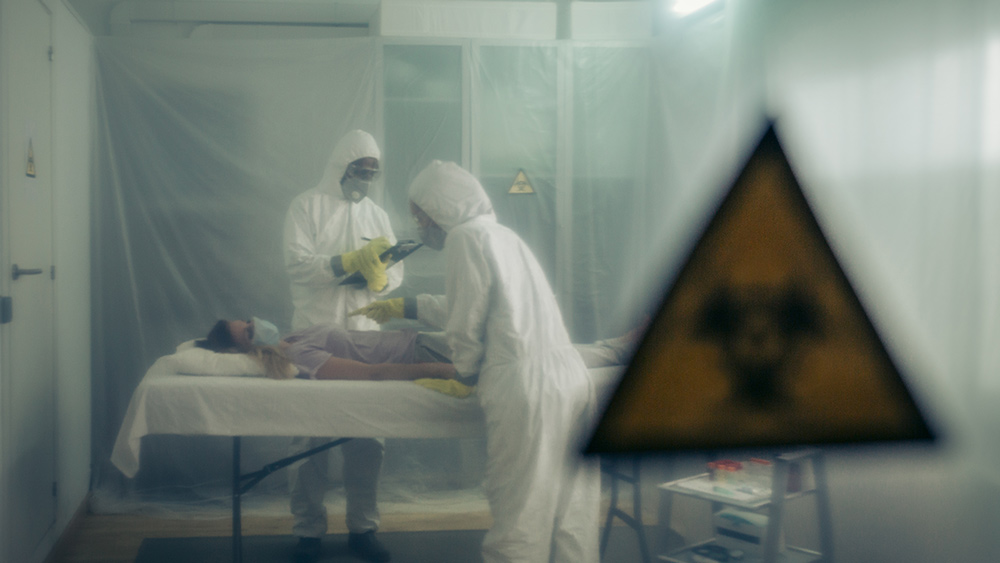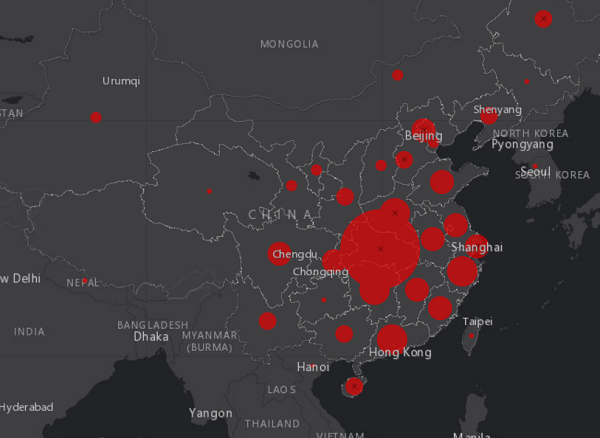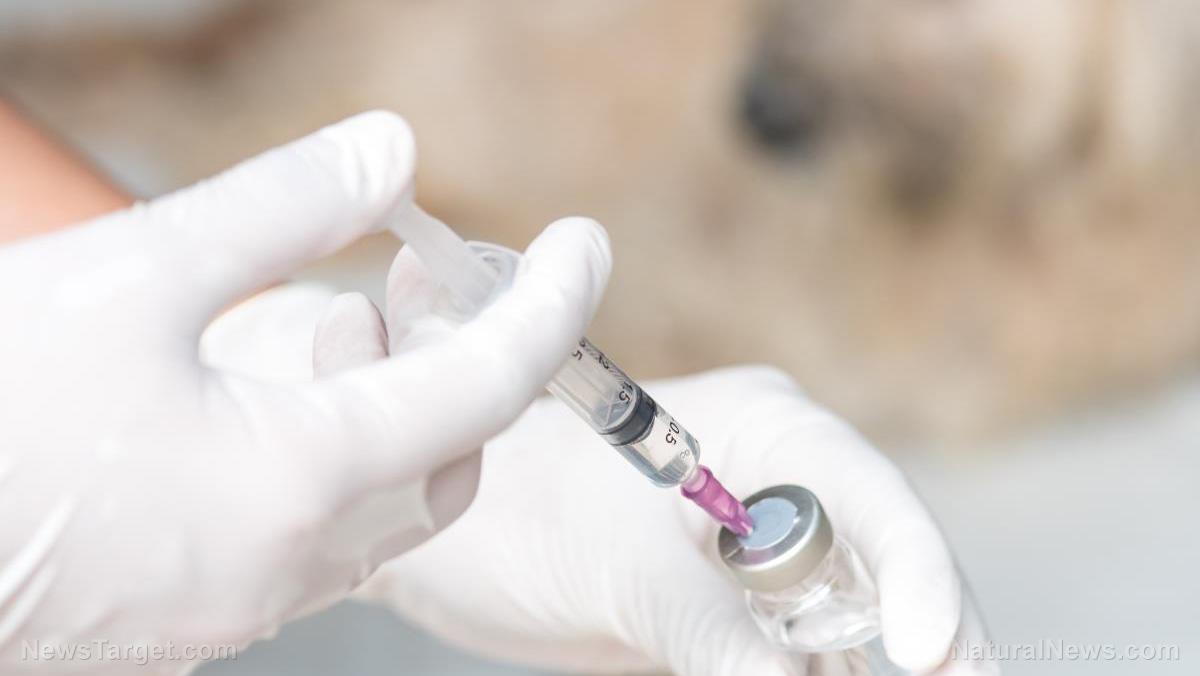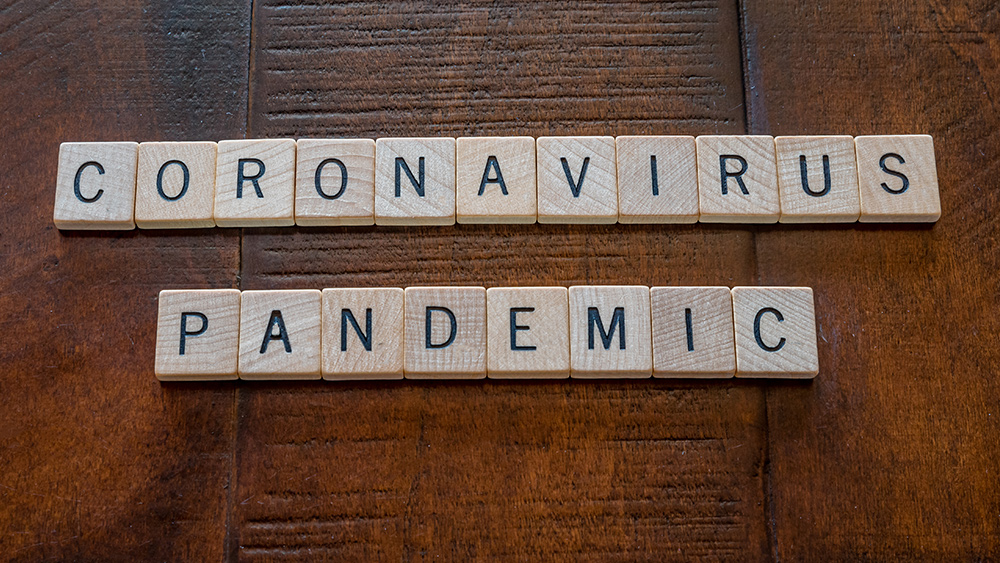Bees love cannabis, and it’s helping to restore their declining populations
02/01/2020 / By Ethan Huff
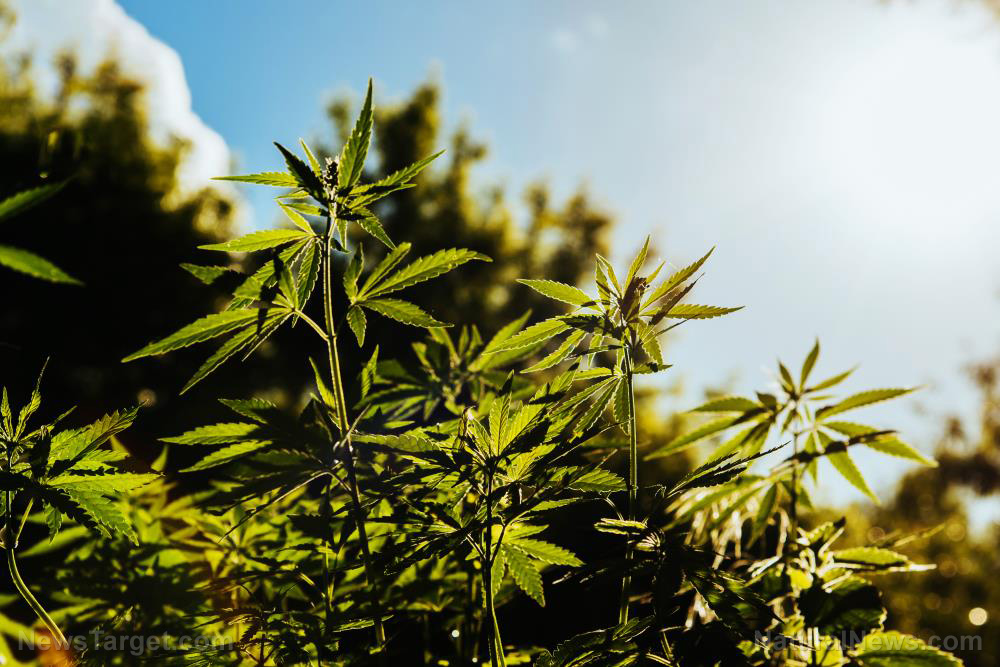
New research published in the journal Environmental Entomology has found that bees absolutely love to feed on cannabis sativa, which in turn is helping to boost their dwindling populations caused by prolific exposure to deadly crop chemicals like neonicotinoids and Roundup (glyphosate).
Entitled, “The Bee Community of Cannabis sativa and Corresponding Effects of Landscape Composition,” this paper out of Cornell University explains how cannabis produces high amounts of pollen, which acts as a magnet for at least 16 different varieties of bees just in the northeastern United States alone.
As it turns out, the taller the cannabis plant, the more attractive it is to bees, the paper found. In fact, the tallest cannabis plants evaluated as part of the research attracted an incredible 17 times more bees than the shortest cannabis plants – because bigger cannabis plants contain more pollen and bees instinctively know it!
Oddly enough, even though cannabis doesn’t produce the same sweet, sugary nectar as other floral plants that bees are typically attracted to, they love it just the same. The male cannabis plants that bees tend to prefer also don’t produce the brightly-colored flora that normally catches bees’ attention, which makes this phenomenon even more fascinating.
It would seem as though bees simply know that cannabis is an excellent source of food, just like the Bible says it is. If only our country could finally achieve broad legalization and normalization of cannabis, then perhaps Colony Collapse Disorder, or CCD, would reverse itself entirely – this being one of the many positive outcomes of ending cannabis prohibition once and for all.
“The rapid expansion of hemp production in the United States … may have significant implications for agroecosystem-wide pollination dynamics,” the study explains.
“As a late-season crop flowering during a period of seasonal floral dearth, hemp may have a particularly strong potential to enhance pollinator populations and subsequent pollination services for crops in the following year by filling gaps in late-season resource scarcity.”
Will bees that recently fed on cannabis be arrested and thrown in prison if they accidentally fly into South Carolina or Idaho?
These findings confirm those of another study out of Colorado State University which found that the more hemp we plant in the United States, the more bees we’ll have to pollinate our food!
But there are still a few ugly enclaves in this country where anything related to cannabis, including hemp-nourished bees, is still considered to be evil. One of these is South Carolina, where law enforcement is doubling down on arresting and jailing people not just for cannabis that contains THC (tetrahydrocannabinol), but also for CBD-rich (cannabidiol) hemp, which is federally legal but still apparently illegal in South Carolina.
Idaho is another staunch prohibition state that last year arrested and charged three truck drivers for the “crime” transporting legal industrial hemp from one legal state to another through Idaho.
One of just three states that still doesn’t regard hemp, or cannabis with trace amounts of THC, as legal in any form – the other two are South Dakota and Mississippi – Idaho would presumably arrest and charge bees for feeding on hemp in nearby Washington or Oregon should they accidentally cross the border into Idaho. The same goes for South Carolina, which would probably accuse these bees of exposing “the children” to a “poison” plant, as one local sheriff in South Carolina referred to cannabis in a recent rant.
Here’s a word to the wise, all you bees (and humans!) out there: Best to skip these prohibition states and seek out freer, greener pastures elsewhere if you value your life and liberty.
Sources for this article include:
Tagged Under: agriculture, arrested, banned, bees, cannabis, Cannabis sativa, colony collapse disorder, corruption, harvest, hemp, Illegal, jailed, pollen, pollinators, populations, Prohibition, red states

